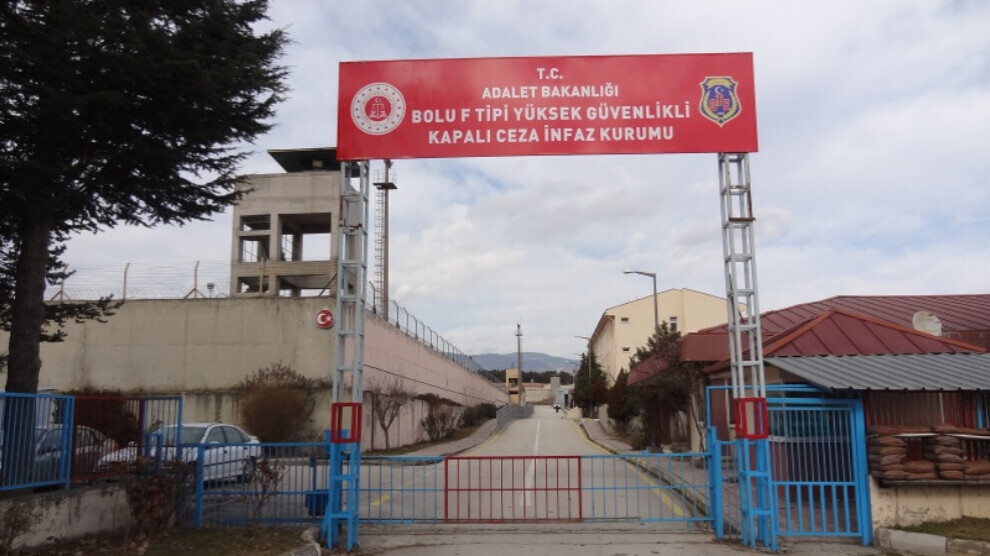Prison administration demands translation fee for Kurdish letters
The administration of Bolu Type F Prison demanded a translation fee from political prisoner İhsan Balkaş for a letter he wrote in Kurdish.
The administration of Bolu Type F Prison demanded a translation fee from political prisoner İhsan Balkaş for a letter he wrote in Kurdish.

Bolu Type F Prison, frequently in the spotlight for its violations of prisoners’ rights, has once again come under scrutiny as it emerged that political prisoner Ihsan Balkaş’s right to communication was arbitrarily restricted. Letters written by Balkaş in his mother tongue, Kurdish, were not sent by the prison administration on the grounds that they were "not understood." Additionally, the administration demanded that he pay for the translation of the letters.
Prisoners asked to pay for translation of letters
Berivan Barın, a lawyer from the Association of Lawyers for Freedom (ÖHD) who met with Ihsan Balkaş, stated that this situation constitutes a violation of the right to communication and the principle of equality, and emphasized that it has turned into a mechanism of censorship.
Barın stressed that the practice is a violation of rights, saying:
“This effectively makes it impossible for prisoners to communicate in Kurdish. For inmates who cannot afford the cost, their right to communication is completely taken away.”
She also added that the state's authority to monitor communication has turned into a censorship mechanism.
Court Dismissed Objections as “Administrative Discretion”
Barın stated that preventing a prisoner from writing in their native language is a degrading treatment that targets their identity and dignity, and emphasized that not only the right to communication, but human dignity itself, must be protected.
She continued:
“The right to communication is not a privilege; it is a fundamental right. The administration’s imposition of a ‘translator requirement’ for Kurdish faxes or letters is a violation of the right to privacy and confidentiality of communication, guaranteed by Article 20 of the Constitution. This practice has become part of a system of systematic discrimination against Kurdish prisoners, driven by political motives.”
Balkaş, whose letters were not delivered, appealed to the Bolu 2nd Execution Judgeship regarding the rights violations. However, the Bolu 1st High Criminal Court, reviewing the objections, rejected all applications related to the violations, deeming the arbitrary practices as “within the discretion of the administration.”
Following this decision, the lawyers stated that an individual application was submitted to the Constitutional Court.